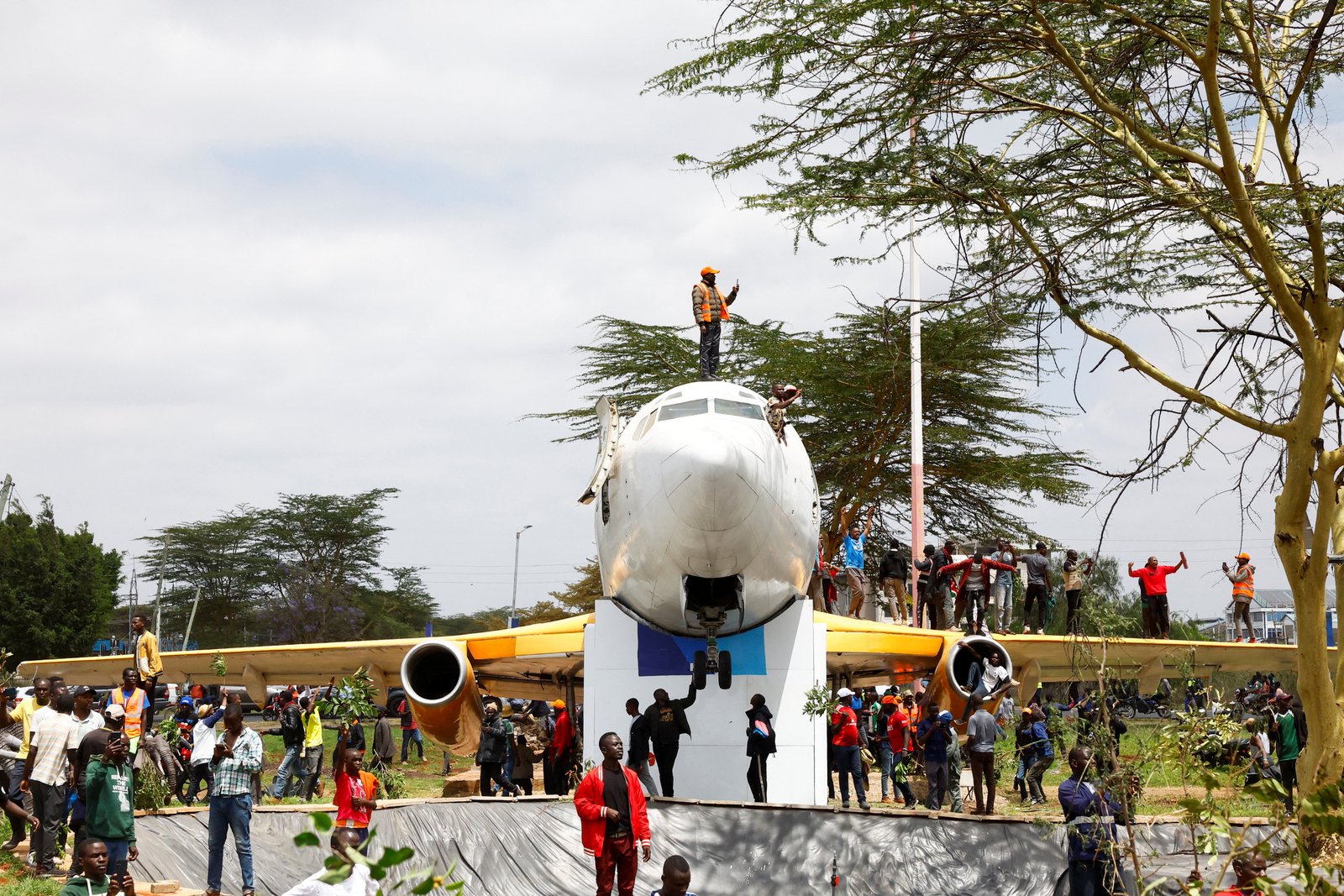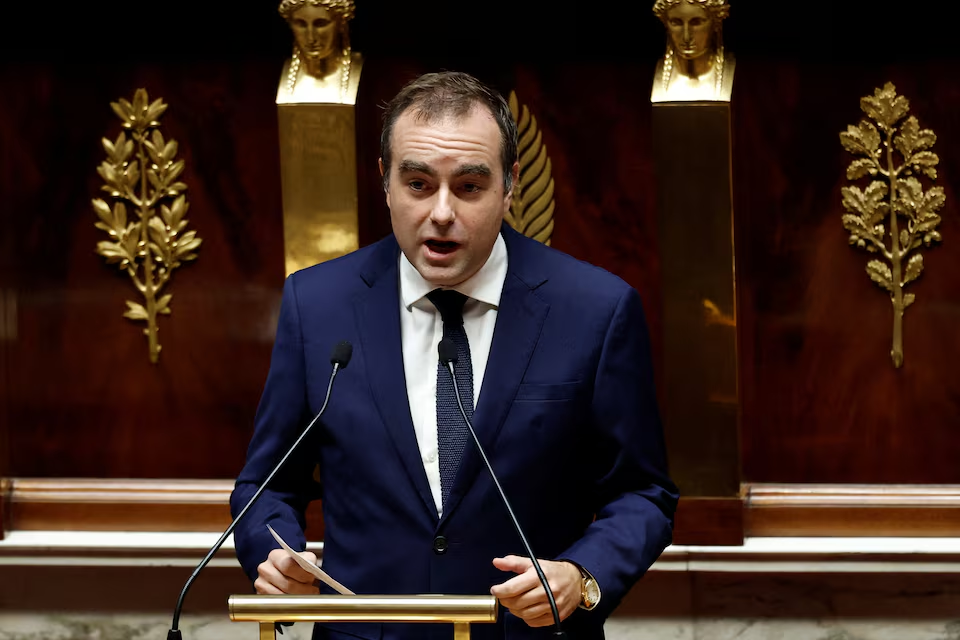In a statement, al-Sudani said, "Abu Khadija was one of the most dangerous terrorists in Iraq and the world. This success is a symbol of Iraq's continued victories against darkness and terrorism."
Baghdad, Iraq – Iraqi Prime Minister Mohammed Shia al-Sudani announced on Friday that Abdullah Makki Muslih al-Rufai, also known as Abu Khadija, a leader of the ISIL (Islamic State) group, was killed in an operation carried out by Iraqi security forces with the support of the US-led coalition.
In a statement, al-Sudani said, "Abu Khadija was one of the most dangerous terrorists in Iraq and the world. This success is a symbol of Iraq's continued victories against darkness and terrorism."
Baghdad, Iraq – Iraqi Prime Minister Mohammed Shia al-Sudani announced on Friday that Abdullah Makki Muslih al-Rufai, also known as Abu Khadija, a leader of the ISIL (Islamic State) group, was killed in an operation carried out by Iraqi security forces with the support of the US-led coalition.
In a statement, al-Sudani said, "Abu Khadija was one of the most dangerous terrorists in Iraq and the world. This success is a symbol of Iraq's continued victories against darkness and terrorism."
Abu Khadija was a senior commander of ISIL, and intelligence-led operations led to his death in a border region. In recent years, Iraqi forces have been conducting regular operations against the remaining ISIL members. Although Iraq liberated a third of its territory from ISIL in 2017, the group continues to carry out sporadic attacks.
The announcement coincided with the conclusion of a visit by Syria’s interim Foreign Minister Asaad al-Shaibani to Iraq. During a joint press conference with Iraqi Foreign Minister Fuad Hussein in Baghdad, al-Shaibani stated, "Syria is ready to strengthen joint operations against ISIL across the border. Terrorism knows no borders, so our cooperation should also be borderless." The discussions also included restoring trade relations and reopening border crossings.
Since the Syrian civil war began in 2011, Iraq-Syria relations have become increasingly complex. While some armed groups in Iraq fought in support of Syrian President Bashar al-Assad, Iraq’s government remains a US ally. At the same time, Iran is also a key partner of Iraq. In December, Iraq closed its border with Syria for security reasons following rapid advances by opposition forces in Syria.
In 2014, ISIL took control of nearly one-third of Iraq’s territory. After three years of conflict, Iraq officially declared victory over ISIL in 2017. However, the group’s sleeper cells remain active in desert and mountainous areas, and recent media reports indicate an increase in ISIL attacks in northern Iraq.
Although Abu Khadija’s death is a significant blow to ISIL, the group's complete eradication remains a challenge. Analysts are closely watching how Iraq-Syria cooperation and the role of the international coalition will impact efforts to eliminate the remaining threat.










